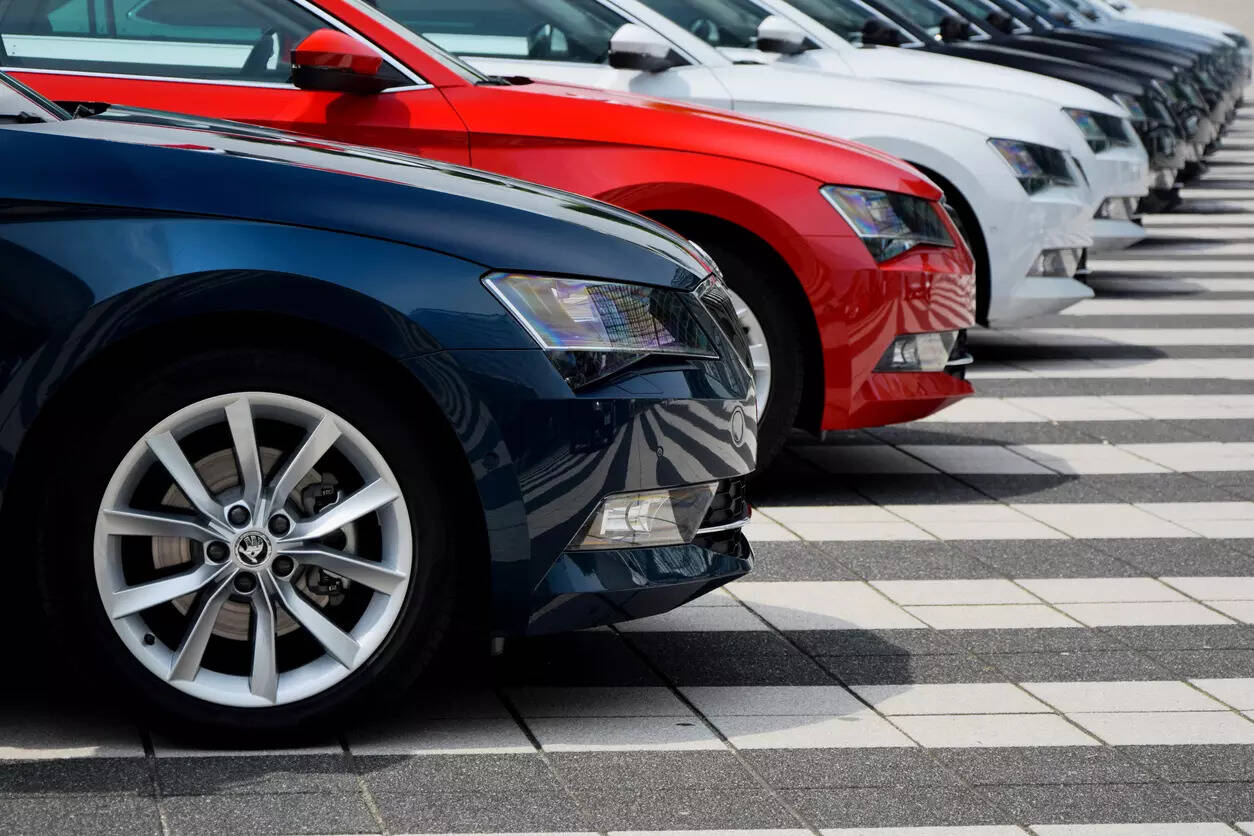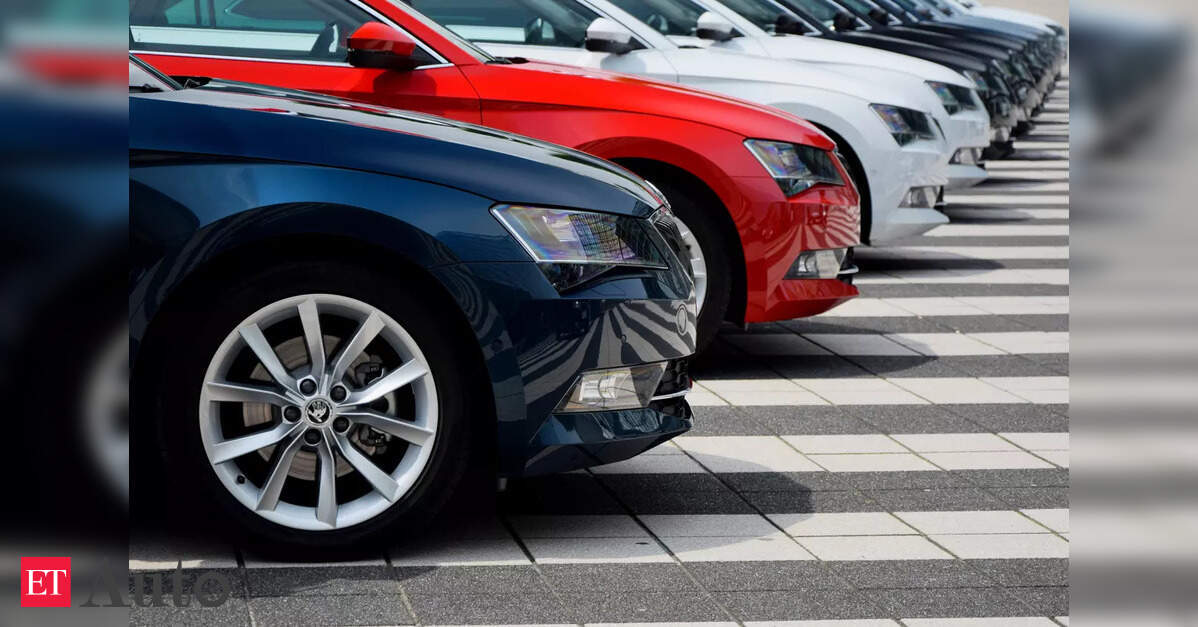
Toyota, Honda and Suzuki are spending billions of dollars to build new cars and factories in India, a sign of the country’s growing importance as a manufacturing hub as Japanese automakers redraw global supply chains to reduce dependence on China.
Toyota, the world’s largest carmaker, and Suzuki , the leader in the Indian market with almost a 40 per cent share, have separately announced investments totalling $11 billion to beef up manufacturing and export capabilities in the world’s third-largest auto market.
Honda said last week it will make India a production and export base for one of its planned electric cars.
India’s low costs and vast labour pool have long been an attraction for manufacturers.
Now, Japanese automakers are stepping up operations as they pivot away from China, both as a market and a manufacturing base, multiple industry executives said. Another benefit: India remains all but closed to Chinese EVs, so Japan’s carmakers – at least for now – won’t face bruising competition from BYD and others there.
A brutal price war among Chinese EV makers has made it difficult to turn a profit in China. Adding to the pain, Chinese carmakers are now expanding overseas and snatching market share from Japanese rivals in Southeast Asia.
“India is a good choice as a replacement market for China,” said Julie Boote, autos analyst at Pelham Smithers Associates in London, citing low profit margins in China.
“For the time being, the Japanese think it’s a much better market because they don’t have to deal with the Chinese competitors,” she said.
Other draws include the improved quality of India’s manufactured goods, and incentives from Prime Minister Narendra Modi’s government, executives say.
Toyota and Suzuki each have majority ownership of their India units. Honda owns 100 per cent of its business there.
Toyota goes local in India
Japan’s annual direct investment in the Indian transport sector, which includes automakers, jumped more than sevenfold between 2021 and 2024, hitting 294 billion yen ($2 billion) last year. As Japanese automakers revved up investment in India, they cooled on China: direct investment in China’s transport sector saw an 83 per cent decrease over the same period, to 46 billion yen last year.
Toyota is working with Japanese and Indian vendors to lower costs and expand production of hybrid components. India is one market where it saw tight supply of hybrid parts amid a surge in demand this year.
It has localised its offerings, said an executive at a major Toyota supplier. “It is no longer about global specifications but about local ones.”
The Japanese automaker plans to launch 15 new and refreshed models in India by the end of the decade and deepen its rural network, Reuters reported last week. It aims to have 10 per cent of the passenger car market before the end of the decade, from 8 per cent now.
“The Indian market is extremely important and is set to grow in the future,” Toyota President Koji Sato told reporters at last week’s Japan Mobility Show, noting many other automakers were also paying attention to the market.
Last year Toyota announced more than $3 billion in investment to expand production at its existing factory in southern India by some 100,000 vehicles a year and build a new plant in western Maharashtra state that is expected to begin production before 2030.
That is expected to take Toyota’s Indian production capacity to more than 1 million vehicles.
At its quarterly earnings on Wednesday, the automaker cited the growing importance of India to profits, especially as the North American business has been impacted by tariffs.
Help from modi government
India’s economic growth has averaged 8 per cent over the past three fiscal years, a surge that Prime Minister Narendra Modi’s government wants to sustain by luring more foreign manufacturers. It is rolling out incentives to get them to produce goods for both domestic and global markets.
India manufactured about 5 million passenger cars last financial year, of which almost 800,000 were exported and the remainder sold in the domestic market.
Domestic sales grew about 2 per cent from a year ago, while exports rose 15 per cent.
Government limits on Chinese investment are effectively another form of help, making it difficult for new Chinese carmakers to enter and existing ones like SAIC’s MG Motor and BYD to expand.
“India’s protectionist stance toward neighbouring countries is a blessing in disguise for Japanese carmakers,” said S&P Global Mobility’s Gaurav Vangaal. “Because of this, they see an opportunity to expand investment in India, enhancing their cost competitiveness against domestic players.”
Local companies Tata Motors and Mahindra & Mahindra have been expanding their offerings with SUVs, taking market share from Suzuki. Before the pandemic Suzuki had about 50 per cent of the passenger car market.
And India is never an easy market. Foreign automakers such as Ford and General Motors previously struggled there and eventually exited.
Honda wants to go four wheels in India
For Honda, India is the biggest market for its highly profitable two-wheel business, and it now intends to ramp up its four-wheel business, Chief Executive Toshihiro Mibe told the mobility show.
Honda said its top three focus markets for the car business are the United States, followed by India and Japan.
It plans to make India the production and export base for one of its “Zero series” electric cars, with one model to be exported to Japan and other Asian markets from 2027. Suzuki’s $8 billion investment in India is to mainly expand its local production capacity to 4 million cars a year, from some 2.5 million now. Its Indian business, Maruti Suzuki , is the country’s top-selling carmaker and largest car exporter.
“We would like to grow India as Suzuki’s global production hub,” President Toshihiro Suzuki told reporters on the sidelines of the mobility show. “We would like to enhance exports from India.”



